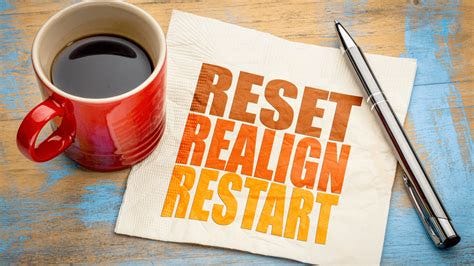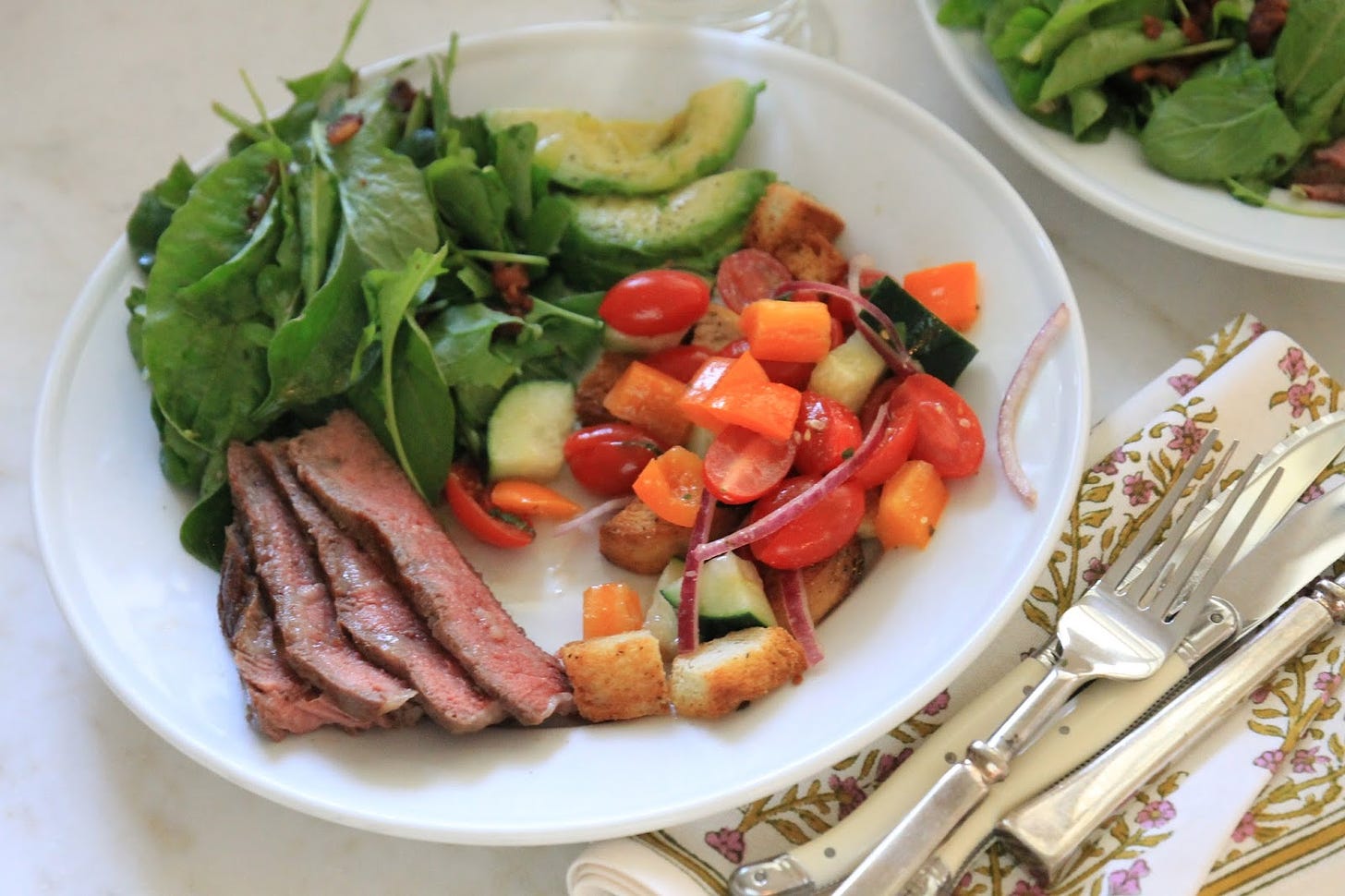Your diet's stalled, you're frustrated, and your doctor or nutritionist says it's just a plateau; a temporary blip. They tell you to "reset" and wait it out. But let's be real, that's epic nonsense!
As a nutritionist with 20 years of experience, I can tell you honestly that a diet—any diet—is simply a restrictive way of eating. I never advocate them because in the long run, everyone runs into major obstacles. It's a short-term, oversimplified fix for a complex weight issue. Your body is unwell, carrying extra pounds, and your metabolism is struggling. Does restricting calories and/or nutrients really seem like the answer?
Honestly, can you think of one diet that's actually worked for the long haul for a ton of people? Atkins, Keto, Paleo, Low Carb, High Fat, you name it – they might work for a while, but none are universal slam dunks. They all come with their own set of problems. If one was truly the answer, wouldn't we all be on it, happy and healthy?
The truth is, people become enamored with the promise of dietary quick fixes and instant gratification, only to feel like they’re on a rollercoaster of self-blame and frustration when efforts falter.
They don’t realize that diets aren’t meant to last because they’re unsustainable, and will stall for several reasons:
Metabolic Adaptation: When you slash calories, the scale will initially tip in your favor. But soon the body applies the brakes, slowing down your metabolism as a protective measure. This makes further weight loss an uphill battle. It's your body's way of saying, "Hold on there, partner! Let's not get too hasty." If shedding pounds and keeping them off was a simple matter of restricting calories, wouldn't we all be keeping the weight off easily this way?
Limited Food Choices: When you're on a really strict diet, you might end up cutting out entire food groups or eating tiny portions. This can be problematic because you’ll miss out on nutrients your body needs to stay healthy. It's like trying to build a house without all the right materials – it's just not going to work out well.
Hormonal Changes: A dramatic cutting of calories/nutrients can mess with your hormones. One of those hormones, leptin, is like your body's "I'm full" signal. If you're not eating enough, leptin levels drop, and suddenly you're hungry and craving all sorts of foods.
Unsustainable Habits: Restrictive diets are tough to maintain because there's not much wiggle room, and who wants to feel deprived all the time? It's not how we're naturally meant to eat, and it leads to yo-yo dieting, where you lose some weight, then gain it back, then lose it again, and so on. It's a frustrating cycle!
The Reset
So as shown, a diet can easily stall, meaning that progress towards weight loss severely slows down or completely stops, despite sticking strictly to that plan, an obviously frustrating and demotivating experience.
Here's where the popular idea of a "reset" comes in, and where a lot of nutritionists miss the mark. They'll tell you it’s like hitting the refresh button on your weight loss journey – a way to get things moving again.
This means cutting even more calories, getting rid of more foods, or even allowing yourself some cheat meals. But these are just band-aids on a bigger problem. They're extreme ways of forcing your body to change instead of gently encouraging it. Your body is smarter than that. It won't let you lose weight too quickly or cut out important nutrients because it knows those things are harmful.
“The truth may be puzzling. It may contradict deeply held prejudices. It may not be…what we desperately want to be true. But our preferences do not determine what’s true.” — Carl Sagan
The matter of having moderate amounts of cheat meals is also a somewhat humorous approach, because it's the same lack of moderation that led you to start dieting in the first place. Cheat meals just reignite those cravings and often lead to overeating. It's like telling someone struggling with addiction to just use their substance of choice moderately. It simply doesn't work that way.
While none of these attempts work, they do point back to my main point of restriction. If you need to constantly "reset" your diet to stay on track, it's a clear sign that your approach isn't sustainable. It suggests that what you're doing is unnatural and requires extreme discipline to avoid falling off the wagon, almost like a dietary punishment.
What’s The Solution?
A diet of natural, whole food diet is ALWAYS superior to a restrictive diet. It may be a bit slower in returns, but it is far safer, more effective, healthier and better for you in long-term results.
How do I know this? Because many of my clients have had astounding results with this approach. If you’re interested, my website three60fitness.ca details some of their accomplishments—anywhere from a simple 20 lb weight loss to 160 lbs lost. I’m currently working with a client that has dropped 70 lbs in the last year. Granted, he is also doing fitness training, but without good nutrition, that also stalls results. A whole food diet is king!
It's packed with all the good stuff you need - vitamins, minerals, fiber, antioxidants - and it's easy to stick with because there's no calorie counting or crazy rules. You actually enjoy your meals and feel good about what you're eating. Even better, it keeps your metabolism humming along and gives you the freedom to eat a variety of delicious foods.
The main challenge with a whole food diet is its lack of pizzazz. It doesn't have a lot of enthusiastic supporters, a big social media following, or the allure of trendy fad diets. But while not a magic bullet for rapid weight loss, it definitely creates a foundation for healthy eating habits that can naturally lead to long-term weight management and improved well-being. It's a sustainable approach that focuses on nourishing your body with real, unprocessed foods rather than restricting calories or eliminating entire food groups. You’ll finally experience a trim waistline and lasting health benefits, creating a ripple effect of positive change.
Your presence here is greatly valued. If you've found the content interesting and useful, please consider supporting it through a paid subscription. While all our resources are freely available, your subscription plays a vital role. It helps in covering some of the operational costs and supports the continuation of this independent, unbiased research and journalism work. Please make full use of our free library.







